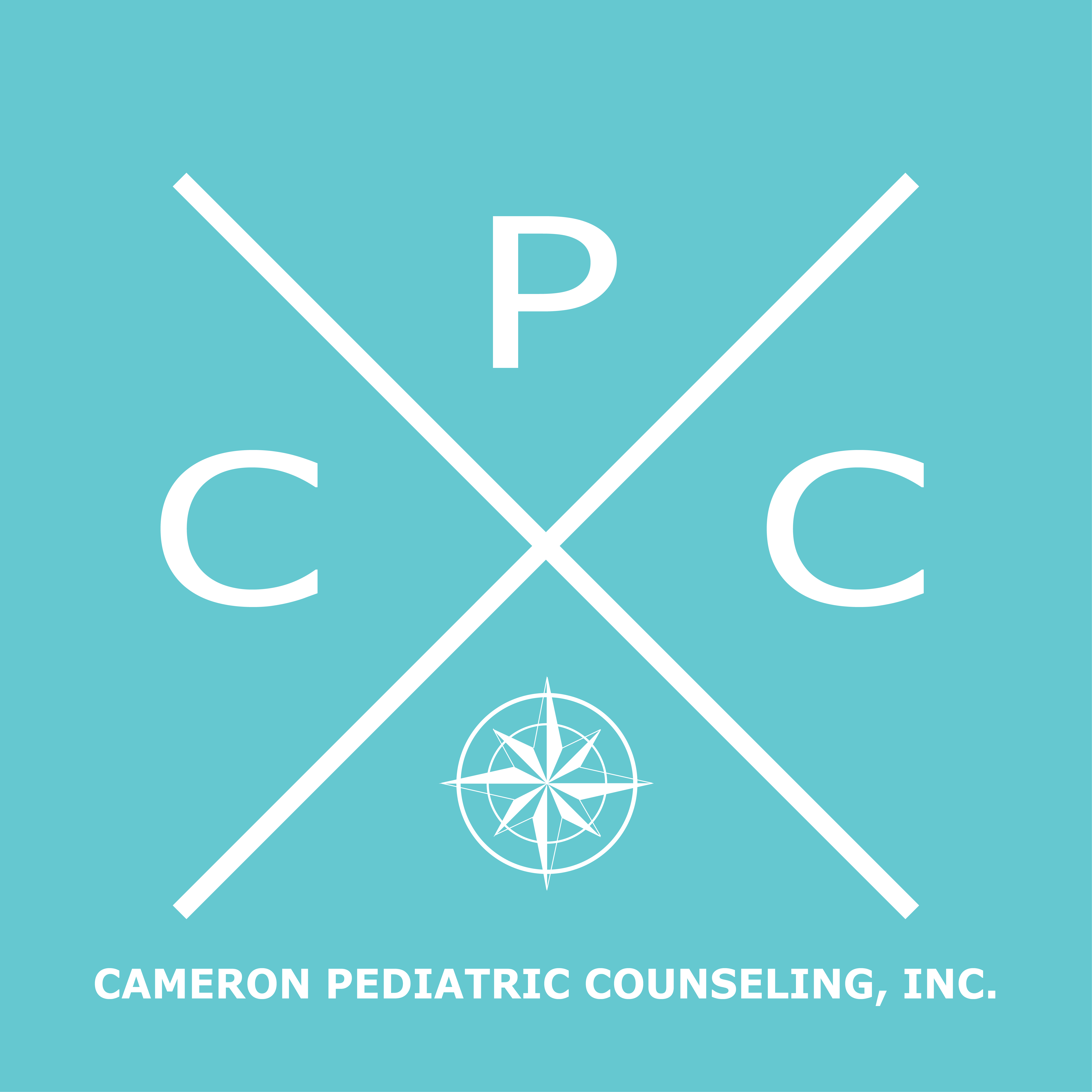The following guidelines are appropriate for recent loss as well as for loss experienced years ago. Additionally, they are suitable for children and adults.

Do’s and Don’ts
- Do share positive tributes and stories. Even in not-so-good circumstances there are positives to be found and acknowledged about the loved one and their life.
- Do pay attention to the children who also experienced the loss. Allow them to participate in the remembrance process.
- Do be gentle with yourself and your children, it is on on-going individual process. Just because you are related or similar does not mean that you will deal with grief in the same manner; grief is unique to each person.
- Don’t do more than you want, can handle, and that which does not serve the purpose of positive remembrance.
- Do allow time for feelings. You have a right to your feelings.
- Do recognize that all feelings are visitors. Allow them to come and go.
- Don’t keep feelings bottled up. We need to empty our bucket a little to allow more feelings to enter without overflowing.
- Do allow others to help. We all need help at certain times in our lives and that’s okay.
Ways to externalize the loss – give it a time and a place
- A prayer before the Holiday dinner, about your loved one
- Light a candle for your loved one.
- Create an online tribute for them. (i.e. www.findagrave.com ~ a free virtual grave-site memorial, Facebook, etc.)
- Share a favorite story about your loved one.
- Tell a funny story about your loved one and allow others to share their fun and funny experiences too.
- At your place of worship remember them in a prayer.
- Have positive online chats about them.
For those who wish to help someone who is grieving: Just simply find ways; it does not need to be in big ways. Small gestures of kindness go a long way toward healing and being meaningful in this process.
